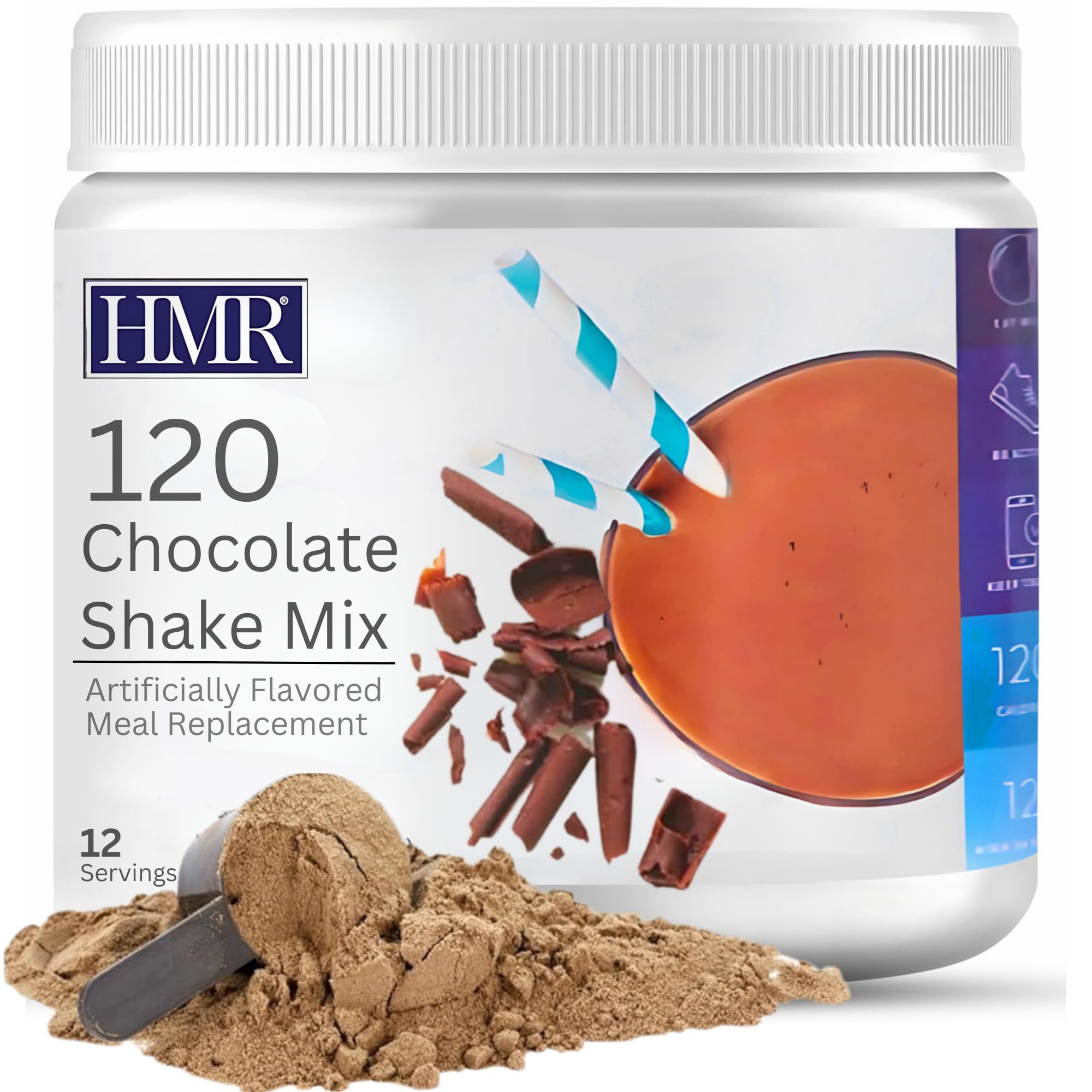Essential Guide to Science Diet Perfect Weight Solutions for 2025
As pet owners become more aware of the necessity for managing their dogs' weight, choosing the right diet is paramount. The Science Diet Perfect Weight line offers comprehensive solutions tailored for dogs requiring effective weight management. These products are designed not only to help dogs reach their ideal weight but also to maintain their health through balanced nutrition. Understanding the intricacies of a healthy dog diet can make all the difference in improving your furry friend’s quality of life in 2025.
This article explores the best dog food for weight loss, focusing on the premium offerings from Science Diet and emphasizing various strategies for effective weight control. Furthermore, we’ll delve into the nutritional needs of overweight dogs, share practical feeding practices, and suggest exercises that complement dietary adjustments. Each section is structured to provide actionable insights that can help in managing your dog's obesity and ensuring a healthier lifestyle.
Key takeaways include reliable weight loss recipes for dogs, specific nutrition advice from veterinarians, and insights into the importance of hydration for dogs. Let us embark on this journey to ensure your canine companion's optimal health.
Top 5 Nutrition Strategies for Effective Weight Management
Building on the importance of proper diet, we explore five nutrition strategies that play a vital role in weight management for dogs. Utilizing low calorie dog food options can significantly assist in shedding those extra pounds, but understanding the components of these diets is fundamental.
Understanding Dog Dietary Needs for Weight Loss
The backbone of any successful weight management program for dogs lies in recognizing their specific dietary needs. A balanced diet for dogs should include all essential nutrients while maintaining low-calorie content. This means focusing on ingredients that provide the necessary vitamins and minerals without excessive calories.
Choosing vet recommended dog food ensures that the food is not only palatable but also scientifically formulated to support weight loss. Ingredients rich in fiber can aid in digestion and provide a sense of fullness without adding extra calories. Ensure that your dog’s food includes high-quality protein to help maintain lean muscle mass during weight loss.
Implementing Portion Control for Optimal Results
Portion control is a critical aspect of managing dog weight. Correctly measuring dog food portions can prevent overeating and promote gradual weight loss. Use a measuring cup to ensure accurate portion sizes, adhering closely to the guidelines provided on the dog food packaging.
Feeding frequency also plays a role; dividing daily portions into smaller, more frequent meals can prevent hunger and reduce begging behavior. This strategy not only aligns with the natural feeding habits of dogs but also helps in managing their overall caloric intake.
Incorporating Healthy Treats into Your Dog's Diet
Switching to healthy treats for dogs is essential during the weight loss journey. Many commercial dog treats are high in fat and extra calories; therefore, owners should seek low-calorie options that can easily fit into their dog’s meal plan. Simple treats like carrot sticks or apple slices (without seeds) can be excellent choices.
Moreover, using treats as rewards during training should be approached with caution. Consider integrating dog exercise regimens with treats tailored for weight loss, ensuring that the total caloric allowance is balanced and supports weight management.
Choosing Low Calorie and Safe Dog Food Options
When searching for the best dog food for weight management, consider options that are acknowledged for their low-calorie formulas. The Science Diet offers a variety of premium dog food for weight management that aligns with weight-loss objectives while focusing on essential nutrients. Look for recipes that feature natural ingredients to promote better digestion and overall health.
Understanding nutrition for overweight dogs is vital; a good dog diet should be high in protein with selected fibers that reduce calorie density while maximizing nutrients. Always check the nutrition labels for calorie content per serving to make informed choices.
Importance of Regular Veterinary Consultations
Regular visits to the veterinarian play an indispensable role in your dog’s weight management success. A veterinarian can assess your dog’s unique needs, provide tailored recommendations, and monitor weight loss progress. They can also address any underlying health issues contributing to weight gain and suggest the best intervention strategies.
In collaboration with your vet, consider developing a personalized dog diet plan that incorporates an appropriate exercise regime to complement dietary changes. Maintaining communication with veterinary professionals can significantly enhance the effectiveness of your plans and ensure a proactive approach towards your dog's health.
Exploring Meal Options: Homemade Recipes and Commercial Alternatives
Transitioning to homemade diets can be beneficial for dog owners looking to manage canine weight. Not only do homemade recipes allow for better control over ingredients, but they can also be tailored to meet specific dietary requirements of individual dogs.
Easy Homemade Dog Food Recipes for Weight Management
Crafting homemade meals can be a rewarding process. Simple recipes often include lean meats, vegetables, and whole grains. A commonly recommended recipe for a weight management meal is a mixture of brown rice, carrots, and chicken breast. It’s essential to consult with your vet to ensure that the recipes include all essential nutrients necessary for your dog's diet.
Including omega fatty acids for healthy skin or antioxidants for immune support can be easily integrated into these meals as well, providing your dog with a well-rounded and nutritious option.
Analyzing Commercial Dog Food Labels
Understanding the importance of reading nutrition labels for dog food cannot be overstated. The best approach is to look for food labeled as “weight control” or “light” since these are formulated with less fat and fewer calories. Pay attention to the ingredient list; high-quality sources of protein should be prioritized before fillers and by-products.
It’s vital to be aware of the calorie counting for dogs. By knowing the daily caloric needs based on your dog’s weight, age, and activity level, you can choose suitable food that aligns with their dietary goals.
Transitioning Between Dog Foods Safely
When adopting new foods into your dog’s diet, it's crucial to transition gradually. A sudden change can lead to gastrointestinal upset or refusal to eat. A recommended method for transitioning includes mixing a small amount of new food with the old, gradually increasing the proportion of the new food over a week.
This practice not only aids in digestive health but also promotes acceptance of new flavors and textures. Monitor your dog’s reaction during the transition and consult your veterinarian for guidance if any concerns arise.
Creating a Balanced Dog Meal Schedule
Successful weight management relies heavily on maintaining a consistent feeding schedule. Aligning meals to specific times each day can reinforce routine, allowing your dog to anticipate meals. This consistency can lead to reduced anxiety related to feeding times and prevent overeating.
A good practice is to feed your dog at the same times daily while also ensuring that water is available at all times, providing vital hydration that supports metabolism.

Maximizing Exercise as Part of Dog Weight Management
Diet alone is not sufficient in the battle against canine obesity. Regular exercise is a necessary component of a comprehensive weight management strategy. It complements dietary changes by promoting active living and sustainability of weight loss.
Implementing an Effective Dog Exercise Regimen
Combining various types of exercise keeps your dog engaged and aids in effective weight control. Activities can range from simple walks around the neighborhood to more engaging activities like fetch or agility training. Establishing a routine that includes at least 30 minutes of physical activity daily is ideal for most dogs.
Enriching your dog’s environment with toys that promote activity can reduce sedentary behavior. Moreover, activities that involve both mental and physical stimulation can aid significantly in weight loss.
Best Outdoor and Indoor Activities for Dogs
Being proactive about your dog’s fitness can be rewarding. Outdoors, consider hiking, walking, or playing with other dogs at a park to encourage active play. Meanwhile, indoor options include using stairs, engaging in tug-of-war, or even training sessions that incorporate movement.
Tracking your dog's activities can help establish a consistent exercise regimen and ensure they are achieving their fitness goals alongside dietary changes.
Impact of Exercise on Canine Weight
Ensuring that exercise is incorporated into daily routines not only manages weight effectively but also enhances overall canine wellness. The relationship between diet and exercise must be highlighted—both must work in tandem to achieve optimal results.
As your dog becomes more active, monitoring their weight regularly can provide insights into the effectiveness of diet and exercise. Adjusting both calories consumed and calories burned is crucial for establishing a healthy balance.
Engaging Your Dog with Social Activities
Socialization can significantly impact your dog’s willingness to engage in exercise. Participating in group training classes or dog parks allows for social interactions, stimulating your dog to engage more actively. Such settings not only promote exercise but also enhance behavior due to increased interaction with peers.
Building a community of active dogs can create an enriching environment conducive to positive exercise habits.

Seeking Veterinary Guidance for Weight Loss Success
The journey to effective weight management often requires professional insights. Thoroughly understanding veterinarian recommendations can streamline your weight loss efforts for your dog.
Engaging with Veterinary Nutritionists
Consulting with a veterinary nutritionist can furnish you with expert recommendations tailored to your dog's unique needs. These professionals can help create meal plans that meet both dietary requirements and weight loss goals.
Utilizing nutritional strategies crafted for your dog helps in identifying ideal quantities and meal compositions ensuring they achieve their ideal body condition score over time.
Monitoring Weight Progress and Adjustments
Regular vet checkups allow for adequate monitoring of weight progress. Adjustments to diets and exercise regimens can be made based on your dog's changing needs. Keep track of their weight through sessions at the vet or at-home scales, ensuring that they are on track to achieve and maintain a healthy weight.
Veterinarians can also provide knowledge on common weight management myths that can confuse pet owners and hinder progress.
Understanding Dog Weight Standards by Breed
Dog breed specifications play an essential role in understanding ideal weight parameters. Many breeds have specific weight ranges determined by standards, and being aware of these can help owners set realistic goals for their pets.
If your dog falls out of these standards, it may indicate the need for immediate dietary adjustments and increased exercise to prevent obesity and associated health problems.
Setting Realistic Weight Loss Goals
As part of a structured weight management program, setting achievable weight loss goals is vital. Slow and steady wins the race; rapid weight loss can lead to serious health issues. Generally, a goal of losing 1-2% of body weight per week is acceptable.
Keeping a log of daily meals, exercise routines, and weight progress is beneficial for tracking the success of your strategies and ensuring your dog remains motivated throughout their fitness journey.
By understanding and implementing the Science Diet Perfect Weight solutions for 2025, you not only assist your dog in achieving a healthier weight but enhance their overall well-being. Using these expert recommendations alongside regular vet consultations will position you for success in managing your dog’s weight effectively.
